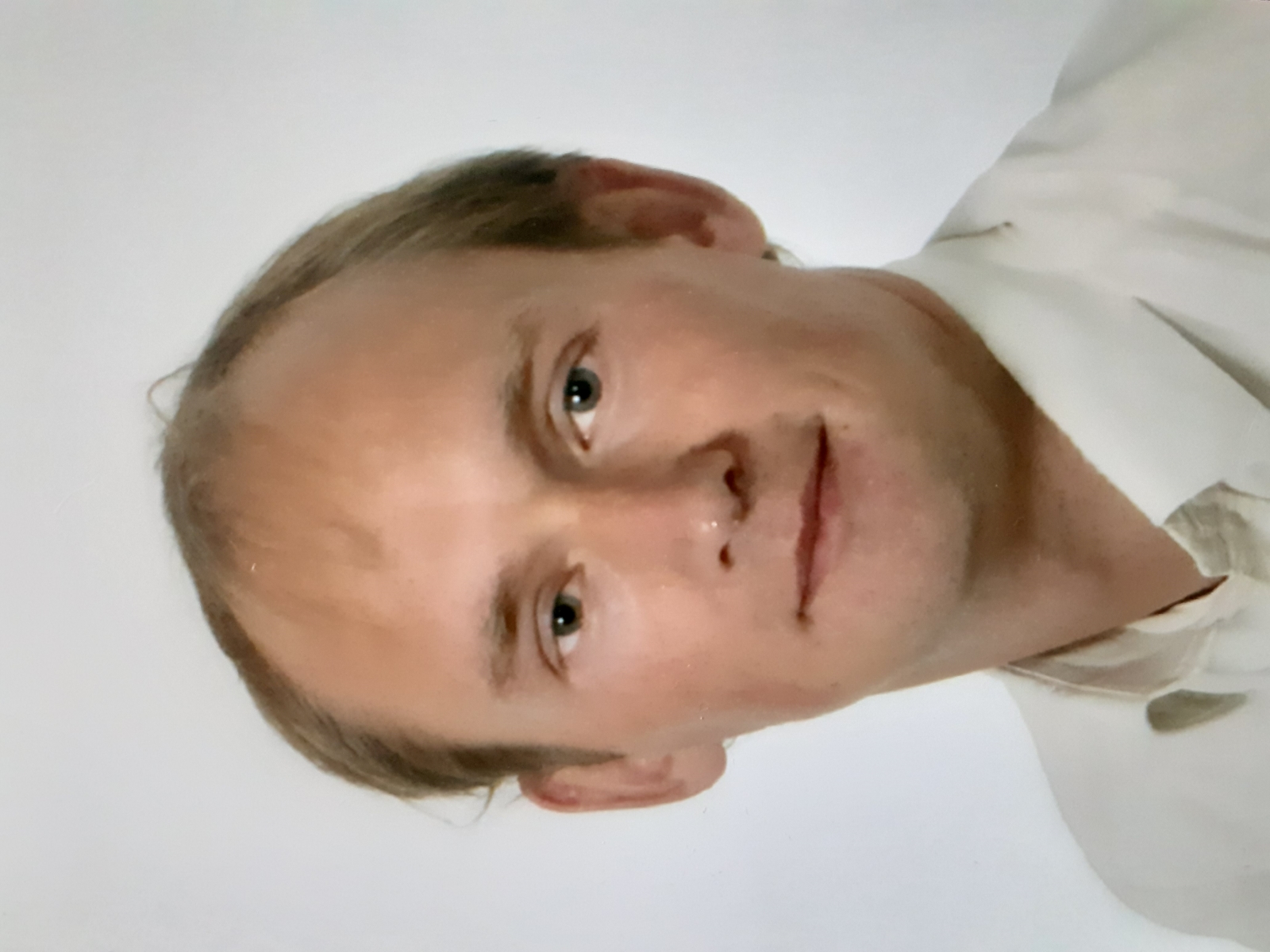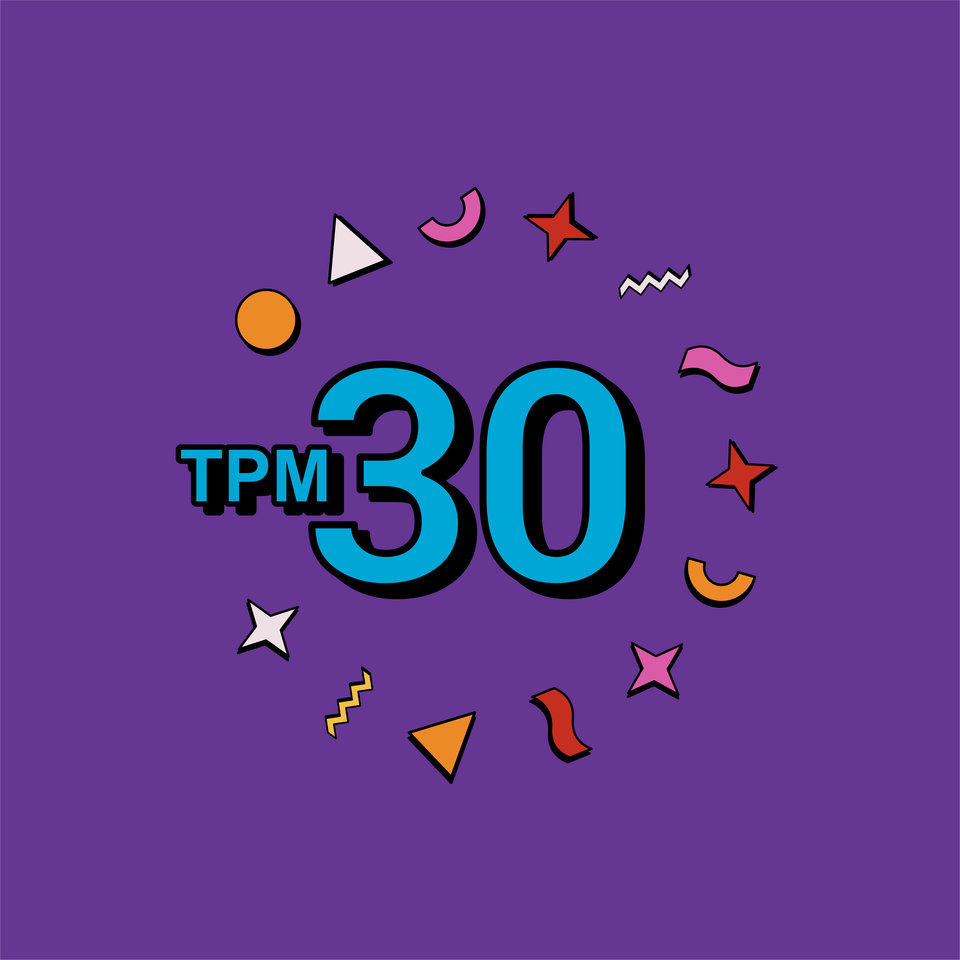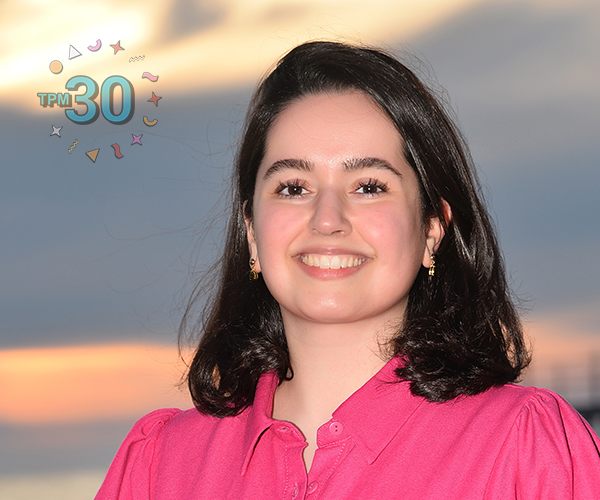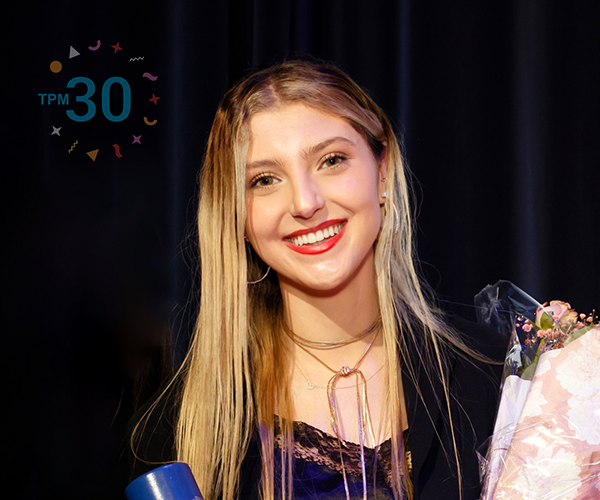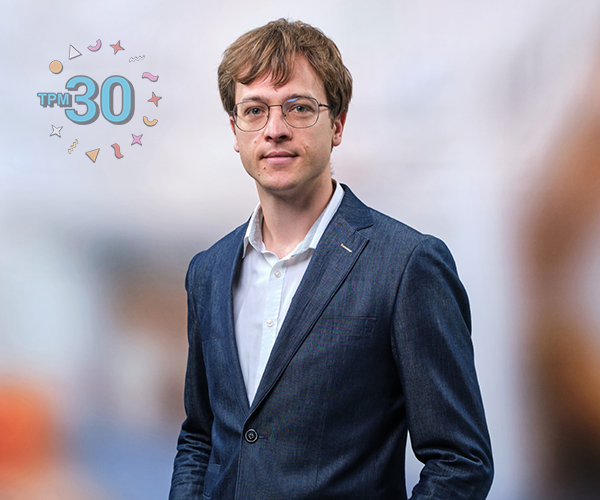TPM Portraits: Haiko van der Voort
In his 25 years spent at TPM Haiko van der Voort has worked his way up from 'anchorman' to an expert in the field of public supervision and inspections. During that time the scholar Public Administration from Leiden has felt more and more at home in Delft, although he still cherishes that intuitive resistance to models. His hope is that, in the coming years, TPM will continue to look for interdisciplinary cooperation and continue to turn crazy ideas into reality.
When he graduated with a degree in public administration from Leiden University in the mid-nineties, Haiko van der Voort did not yet know which career steps he would take until, that is, a former classmate showed him a vacancy at TPM in Delft. "They were looking for a policy project assistant to provide lecturers and researchers with content-related support. And that appealed to me."
The transition from Leiden to Delft
During his interview Van der Voort was told that his dissertation was typical of a student from Leiden. "Initially I did not understand what they meant, but six months later I did. The mentality in Delft is very different to the one in Leiden. Whereas in Leiden I learned first and foremost to analyse, the focus in Delft is not just on analysis but also on finding solutions. I therefore had to make the step from describing to prescribing."
At the same time Van der Voort cherished his background in Leiden. "That had to do primarily with a healthy resistance to models and analytical tools. You can make fantastic models of a socio-technical system, but the reality is often just a little bit different. For example due to political interests which are at play, or the complexity of organisations. I like to take a slightly nuanced approach to the sometimes overly optimistic image of the engineer."
The research group's anchorman
As a project assistant Van der Voort carried out a wide range of tasks. "For example I helped PhD candidates and lecturers prepare for interviews and sometimes accompanied them on trips and then drafted records and reports. I also supervised working groups and helped out with research. Every now and again I gave lectures.
After a couple of years Van der Voort was also appointed to the post of lecturer. "So I was a kind of jack of all trades, but with an emphasis on teaching. Thanks to my engaging role I was sometimes called 'the anchorman'. The greatest compliment I received at the time was when someone from another research group said that they needed a 'Haiko', in other words someone who wants to take on a coordinating role for teaching within a research group and act as a kind of enquiry point for lecturers and PhD candidates.
Interdisciplinary cross-pollination
During his first few years at TPM Van der Voort noticed a considerable desire to do things in an interdisciplinary way. The building was also home to a mix of all kinds of research groups. This led to cross-pollination and joint projects, for example when it came to writing books. That was all quite innovative at the time. The only thing was that, in practice, it turned out to be quite difficult to get, for example, an economist, public administrator and mathematician to work together. So that didn't result in many books. Nevertheless I think it was great that we tried. We developed a culture of interdisciplinary cooperation."
The public administrator and the engineer
Twenty-five years ago PhD candidates from different disciplines shared open-plan offices. At the time Van der Voort was seated opposite Marijn Janssen, who now is head of the Engineering Systems and Services department. "He was doing completely different things than I did. I was a social scientist and he was an engineer. However, our different backgrounds turned out to have added value for teaching and research." Van der Voort and Janssen still collaborate and devise educational assignments for students. "The idea is that a group of students has two clients – Marijn and me – who view a problem from different perspectives and speak a different language. We then play out these roles and it's up to the students to come up with a solution which is acceptable to both of us. We still use this role play approach today."
A doctorate after all
After almost 10 years at TPM Van der Voort decided to start his PhD research in 2008. "Initially I had no desire to specialise on a particular subject. However, in the end I started to get the itch. For years I had been following experts around and had quite enjoyed it. Now I liked the idea of being the expert myself for once, and have people follow me around."
Van der Voort's doctorate focused primarily on the co-regulation, also referred to as co-supervision. "The central question was how supervisors from the government, such as the Netherlands Food and Consumer Product Safety Authority (NVWA), and private supervisory bodies, such as sector organisations and certification institutions, can best work together. What conflicts do they encounter? And how can they be resolved? During my research I looked into, among other things, the supervision of the quality of eggs, buses and temping agencies. That resulted in a number of recommendations about when co-regulation works and when it doesn't."
Expertise with a Delft flavour
Van der Voort completed his doctorate in six years and became an assistant professor in 2013. Today he is an associate professor. "A specialist so to say, haha. After that I continued researching in the field of supervision and inspection, but then only from the government perspective. And I also made my expertise more 'Delft-like' by using big data, machine learning and data science in my research."
Van der Voort uses these tools to investigate the best mix for inspections. "Technology offers incredible benefits, such as the large scale at which data can be processed. However, there are also downsides and limitations, for example excessive data hunger. What is more, a computer does not have any insight into the reasons why a company does or doesn't comply with the rules. For that you need human inspectors. This mix is the subject of discussions I have with supervisory authorities like the Human Environment and Transport Inspectorate (ILT), the NVWA and the Netherlands Gambling Authority (Kansspelautoriteit)."
Director of the EPA Master’s degree programme
Since 2021, Van der Voort has held the post of Director of the Engineering Policy and Analysis (EPA) Master’s degree programme, in other words the policy analysis of large social challenges such as the energy transition, climate change and digitalisation. "Since 2021 we've been based in The Hague. The idea behind this is that you are closer to the action and the policymakers the Master's is aimed at. It gives students a better idea of 'where things are happening'. We involve policymakers in our guest lectures and all kinds of extracurricular activities."
Stayers and movers
Initially Van der Voort had no idea that he would stay with TPM for so long. "That's the reason why I never parked my own bicycle at the station. I saw that as a kind of commitment. Looking back that might have been the smarter option because now I rent a bicycle from the station and that costs me more. There has rarely been any incentive to go and work anywhere else. I'm still hugely contented to be working at TPM."
According to Van der Voort a healthy organisation needs movers and stayers. "Movers are the people who bring about lots of innovation, but then leave after a couple of years. The stayers – like me – are the people who know the organisation through and through and ensure stability. Too many movers creates chaos and high costs, but too many stayers soon causes the organisation to stagnate. It's therefore important to create a healthy balance."
Keep looking for crazy ideas
In conclusion, Van der Voort mentions two things the faculty must cherish. "The first thing is the culture of cooperation. That might seem obvious for TPM, but it still requires continuous maintenance. Sometimes it's tempting to research something independently, but it's more important to keep cooperating with each other."
The second thing is experimentation. As he explains, "According to the theory the more organisations grow, the more chance there is that they become more bureaucratic and less innovative. That means stagnation. What we actually have to do is keep looking for crazy ideas and dare to implement them, without worrying about whether they will be successful. And that's what we do every now and then. I consider the Gamelab and their Infrarium to be excellent examples of this. The relocation of EPA to The Hague was also a daring move. Plans like that breathe new life into the organisation and that keeps you young. Although, of course, everything is relative."
TPM Portraits
In the "TPM Portraits" series, we speak to TPM members right across the faculty. In celebration of TPM's 30th anniversary we have had personal conversations with people who are ( or have been) all part of the TPM community in their own way. What have they experienced within the faculty? What is TPM to them today? And how do they see the future? A new portrait appears every two weeks.

